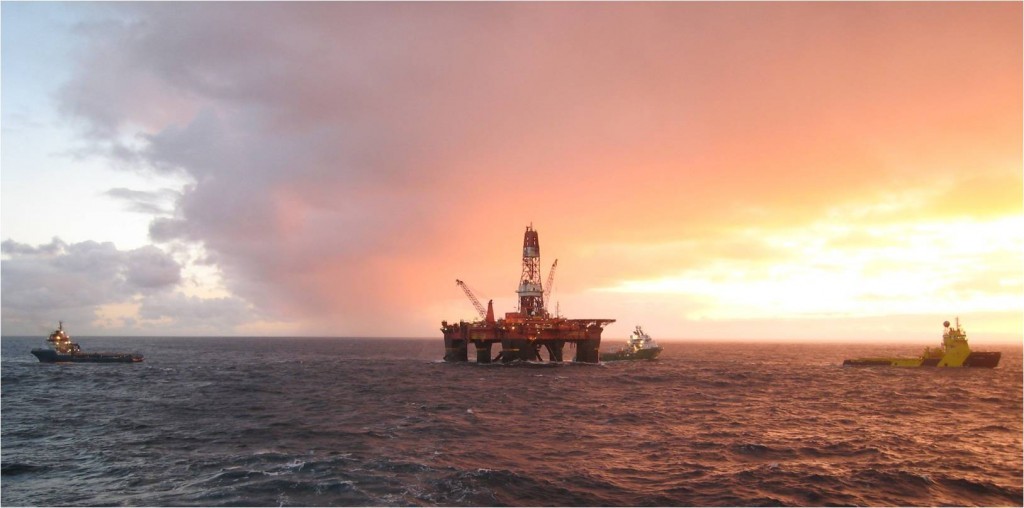
Upstream cost deflation will be “inevitable” for the North Sea industry as it emerges from a period of intense development activity, according to Wood Mackenzie.
The energy analysts said the busy period has caused severe cost inflation as operators competed for access to services.
Operating costs will decrease by up to 15% in the UK and 10% in Norway.
Research found that as a result, competition within the supply chain is increasing as operators scrutinise costs and project execution.
Malcolm Dickson, principal North Sea analyst for Wood Mackenzie, said: “As well as looking internally for efficiency gains, North Sea operators are now negotiating with contractors.
“This is because the opportunity for cost reductions is highest in uncontracted spend such as pre-FID projects and new brownfield developments.
“Although Norwegian costs are expected to fall less than in the UK in local currencies – the effect of Norwegian Kroner depreciation will mean that some costs fall further in dollar terms.
“This effect will be most sharply felt in operating costs. Norway has some of the highest labour costs in the industry, and Kroner depreciation will make them more competitive in the global market.”
Operating and capital costs in both the UK and Norway’s Upstream sectors are also expected to decrease steadily this year.
The analysis said the reduction will be seen as operators respond to lower oil prices.
Projects which are expected to see the biggest reduction will come in drilling costs, which could come down by a third by the end of next year.
Final Investment Decision (FID) projects are expected to be best placed to benefit from reductions and development costs for these projects could fall between 10 and 20%.
The UK and Norway are expected to deflate at different rates, based on distinct rig and labour markets varying activity levels.
Outlook for Upstream costs beyond 2016 is expected to be much less clear and will be largely driven by what happened to the global oil price.
Malcolm Dickson added: “High capital and operating costs are the single biggest issue for companies in the UK and Norwegian sectors of the North Sea today.
“Even before the oil price crash, developing and operating fields while making a profit was challenging and we expected some cost deflation in the sector as activity cooled.
“The drop in oil price has accelerated the need for lower costs, as companies adjust to protect their cash flows, and changes are now required to correct the industry’s cost base.
“We expect that there will be a gradual decrease in capital and operating costs in Norway and the UK in 2015 and 2016, the most significant reductions likely to be a 30% fall in drilling costs, as rig and vessel rates come down due to oversupply.
“We have already seen rig rates dropping significantly with reductions of up to 20% for new contracts agreed in 2015. 40% of mobile rigs in the UK and 23% in Norway are either currently without contract or due to come off by the end of 2015, giving scope for high reductions in future contract renewals.
“We also expect development costs for near-term pre-FID projects to drop by up to 18% in the UK and 11% in Norway. Projects that are already under development are likely to see less deflation, as many of the costs are locked in by existing contracts.”
Wood Mackenzie said the outlook for costs beyond 2016 would be much less clear, and depended on what happened with the oil price.
The energy analysts said they assumed there would be a “steady” price recovery towards Brent reaching $85 from 2018 onwards.
Recommended for you
